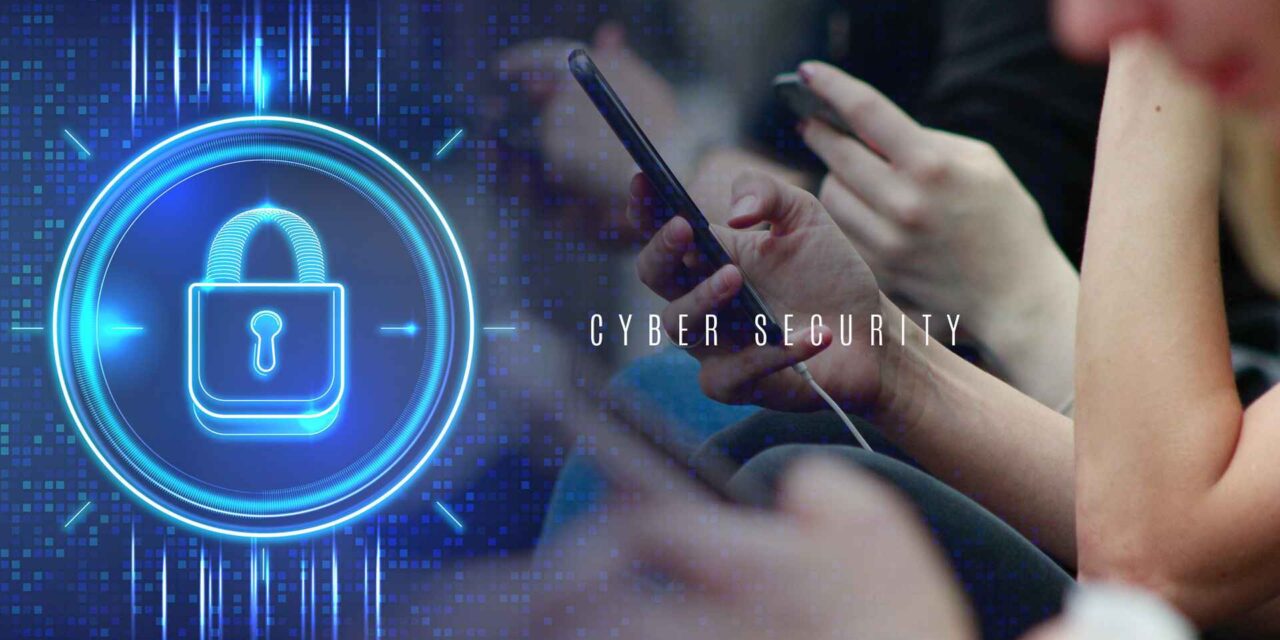Google (which controls the development of Android) has also garnered much privacy-restriction interest, according to one cybersecurity firm’s own data
According to Kaspersky cyber researchers, they have received far more requests for privacy guidelines for services on the Android platform (85%) compared with those for other operating systems such as Windows (6%), iOS (6%) and MacOS (3%).
In terms of web properties that people have privacy concerns about, Google services caused the highest number of Kaspersky users to seek information about tightening their privacy vigilance, followed by the Chrome browser and the WhatsApp messaging platform. Many Facebook and Instagram users were keen to find out how to enforce privacy to various levels.
While many sought to tighten privacy rules to a medium level, one exception was for the Safari browser by Apple, where users were more interested in enforcing the strictest privacy rules.
According to Sergey Malenkovich, Head of Social Media, Kaspersky: “This year Instagram topped both Facebook and TikTok, which is surprising given the amount of scrutiny TikTok still receives from the public and authorities. It appears this may be related to the ‘terms of service’ updates made during this year, and users wanting to make sure that their personal data is safe no matter what.”
The firm offers the following reminders to readers who want to limit their privacy exposure risks online:
- Review permissions for mobile apps and browser extensions. Stay clear of installing browser extensions unless you really need them. Carefully check the app permissions you grant.
- Public storage is not the best place to store private information, such as passport scans or a list of passwords. A better option would be to keep them in an encrypted archive.
- Update operating systems and important apps promptly.
- Avoid posting personally-identifiable details such as addresses, personal phone numbers, e-mail addresses, and other private data. Before sharing anything, consider if there may be any unintended consequences, and do not share anything that may compromise anyone’s privacy (especially doxxing).





















